Let's clarify a few terms: 1) node, 2) wallet, 3) signing device
A node tracks the state of the blockchain. It communicates with the network, discovers new blocks as they come in, and transmits transactions across the Internet.
A wallet tracks your personal "coins" and allows you to create and send transactions. It also detects when someone sends coins to you.
A Ledger or Trezor is a hardware signing device. Signing devices are optionally used in combination with your wallet software to securely sign transactions in such a way that your private keys are never exposed directly to an Internet-connected device.
All of these things work in concert. At a minimum, you need wallet software.
If you don't run a node, your wallet software will talk to someone else's node, which is a point of trust. This is why it's often recommended to run your own node.
If you don't have a signing device, then your private keys are stored on your laptop. Laptops are Internet connected and therefore there is a risk of remote hacking. This is why it's often recommended to use a hardware signing device.
I hope this helps!

You can get bonuses upto $100 FREE BONUS when you:
💰 Install these recommended apps:
💲 SocialGood - 100% Crypto Back on Everyday Shopping
💲 xPortal - The DeFi For The Next Billion
💲 CryptoTab Browser - Lightweight, fast, and ready to mine!
💰 Register on these recommended exchanges:
🟡 Binance🟡 Bitfinex🟡 Bitmart🟡 Bittrex🟡 Bitget
🟡 CoinEx🟡 Crypto.com🟡 Gate.io🟡 Huobi🟡 Kucoin.

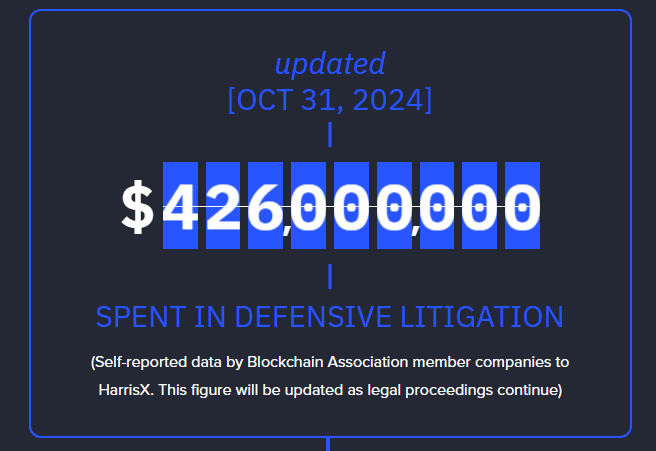
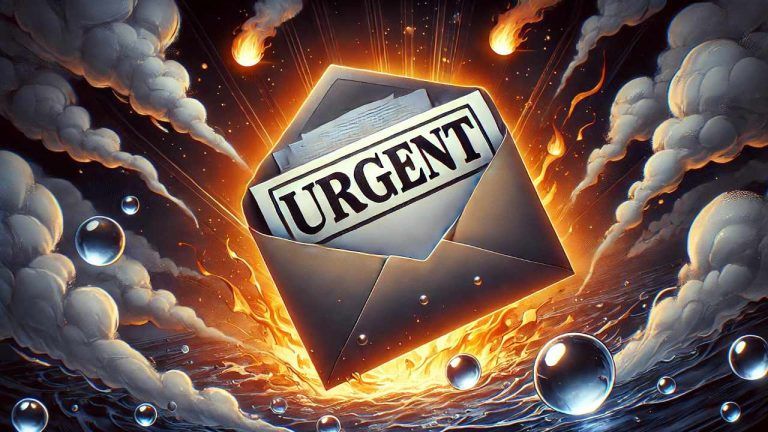
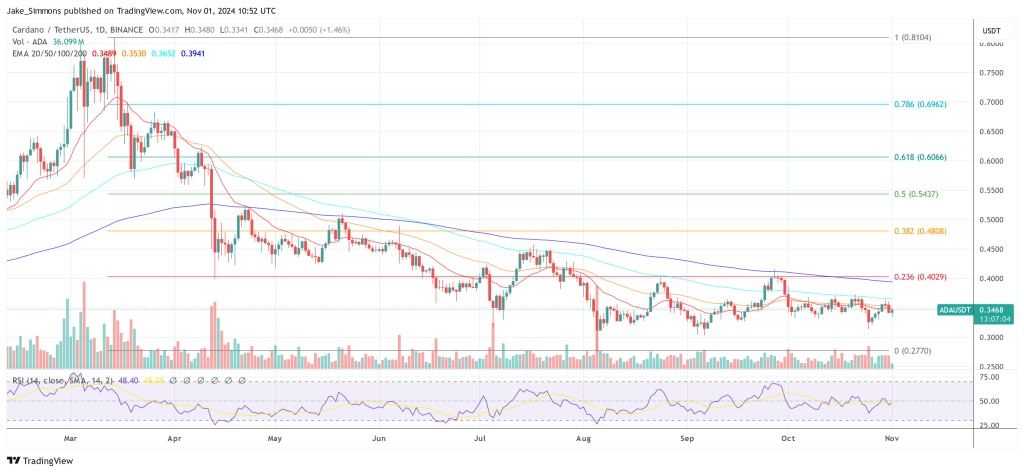

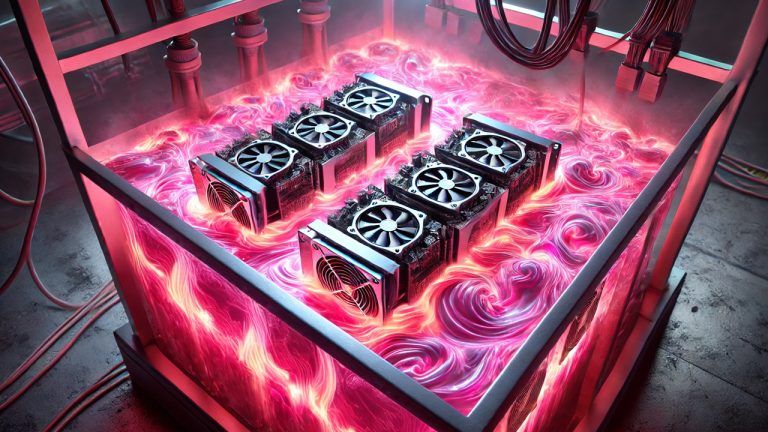

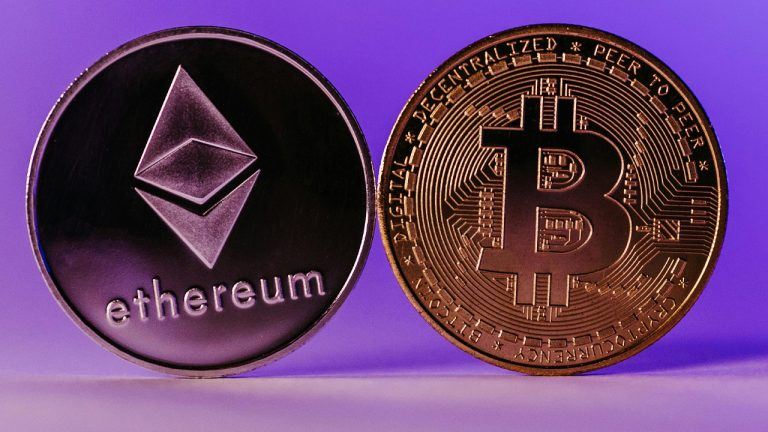
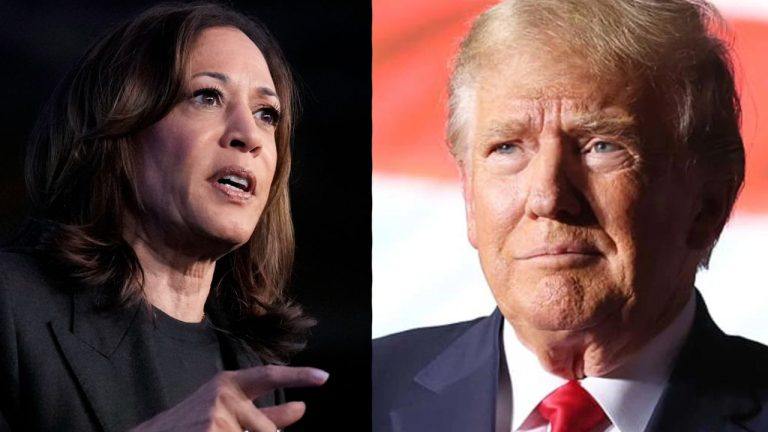



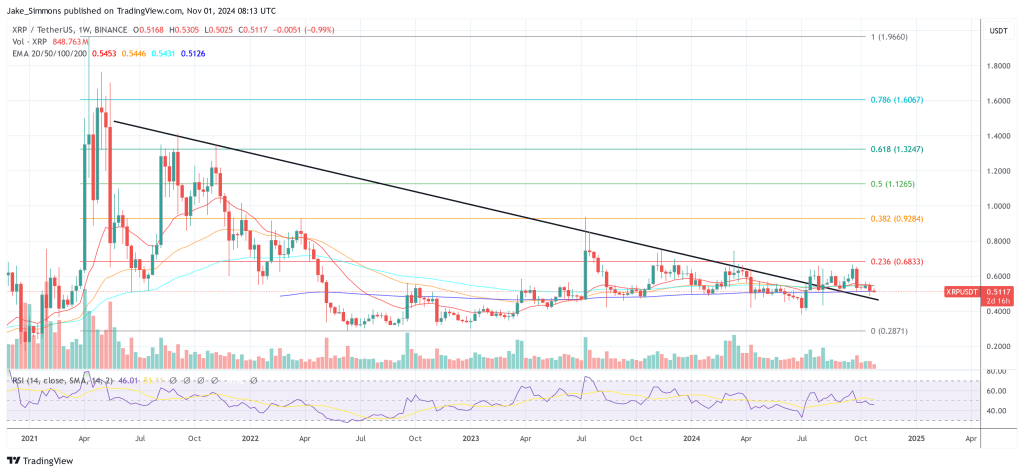

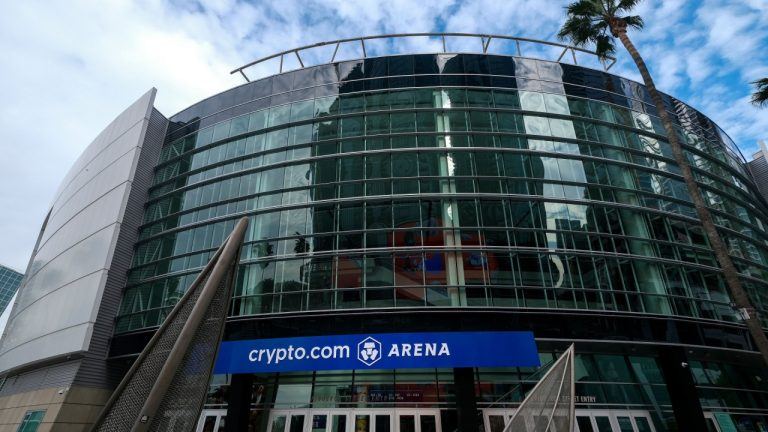

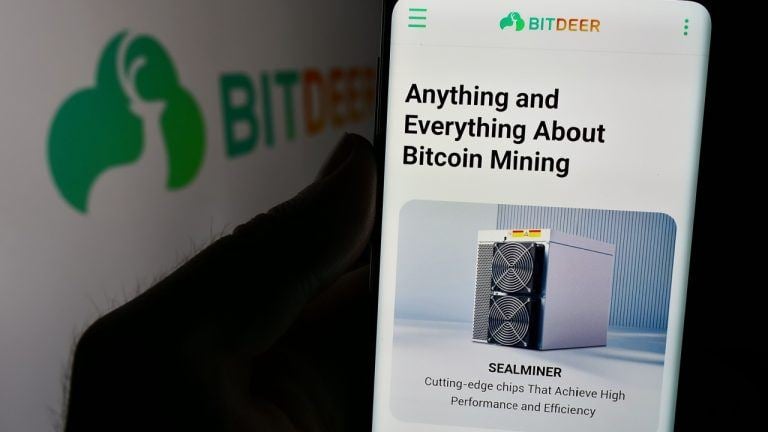
Comments